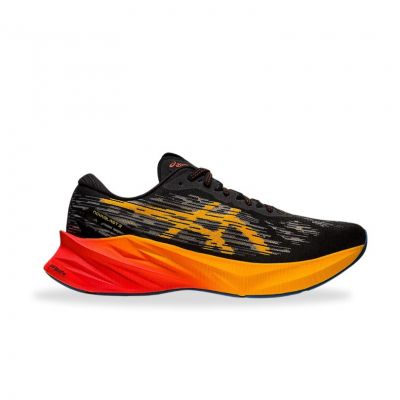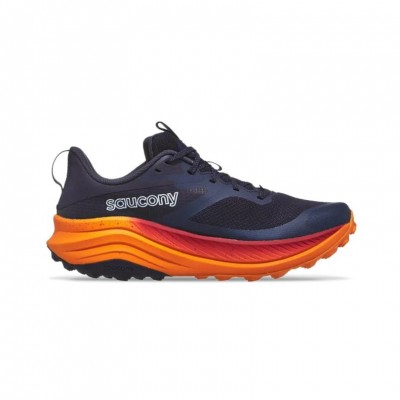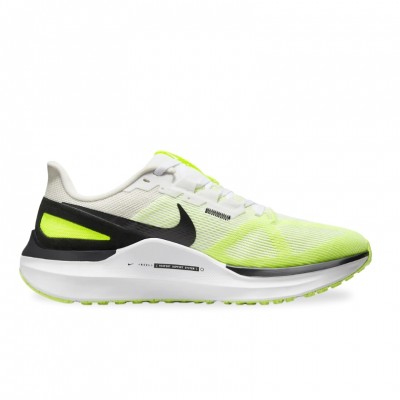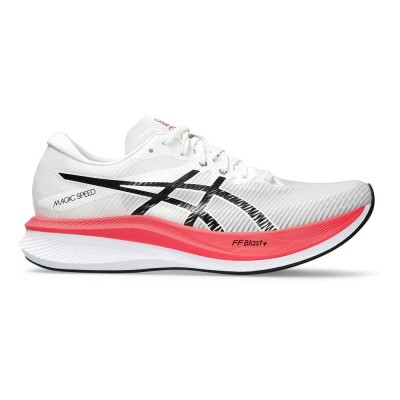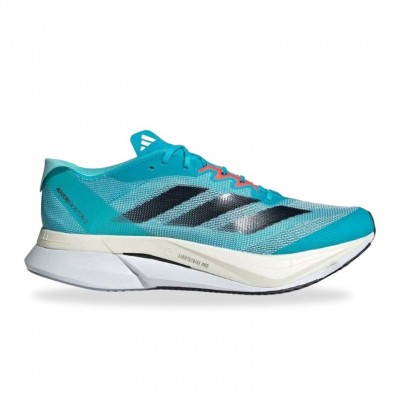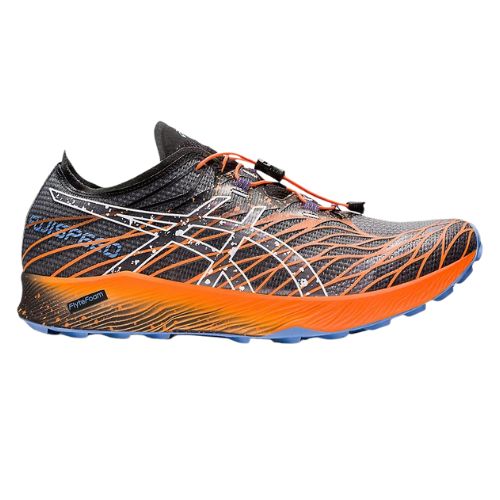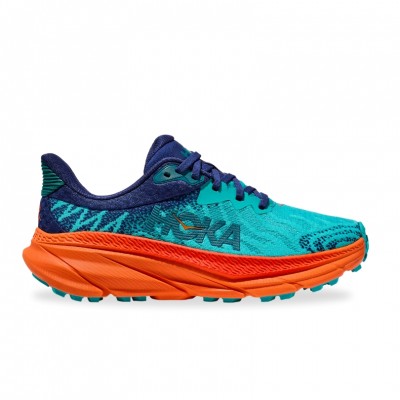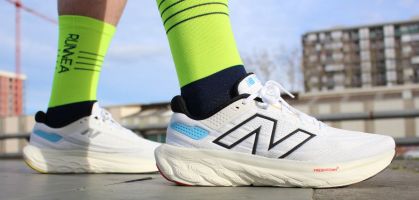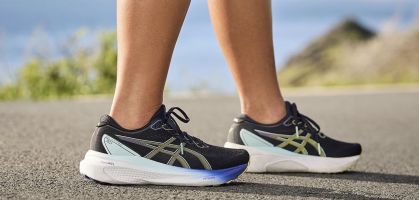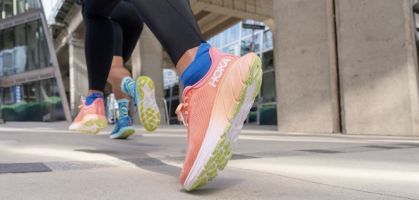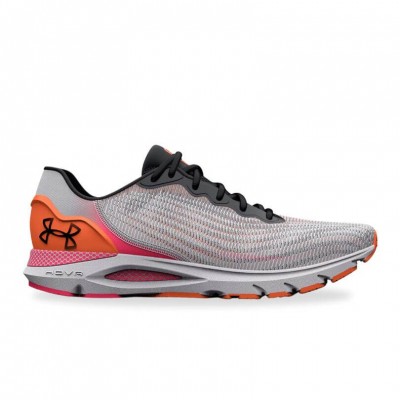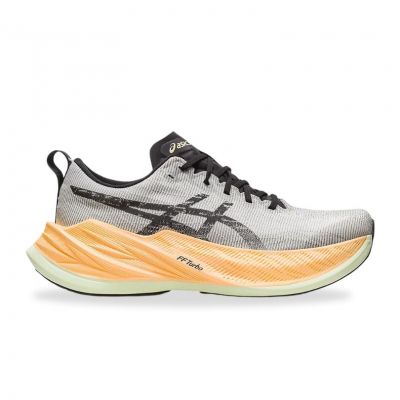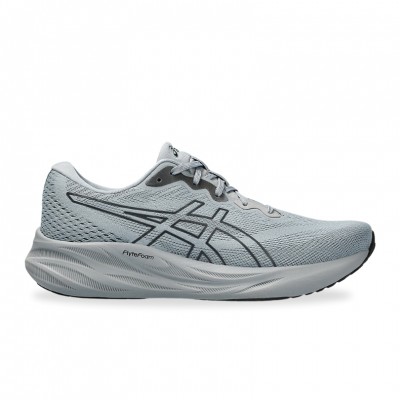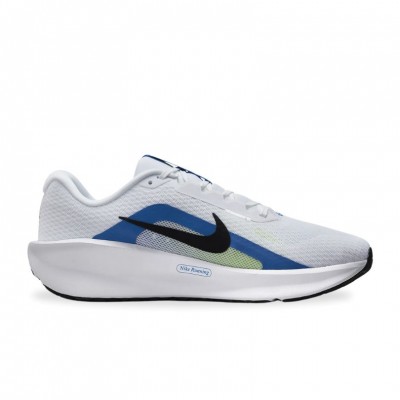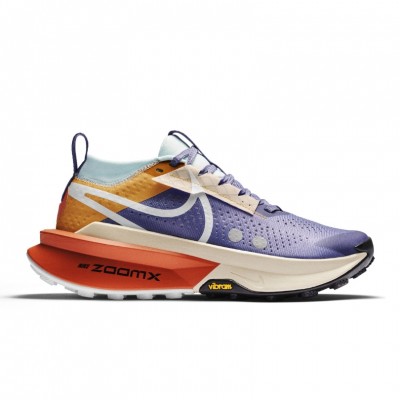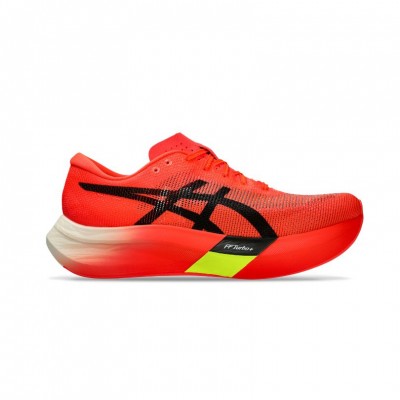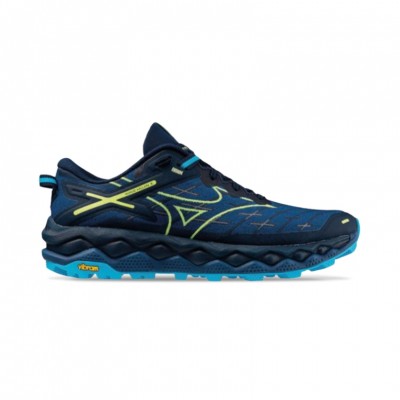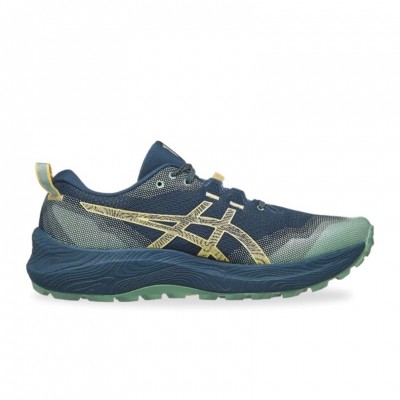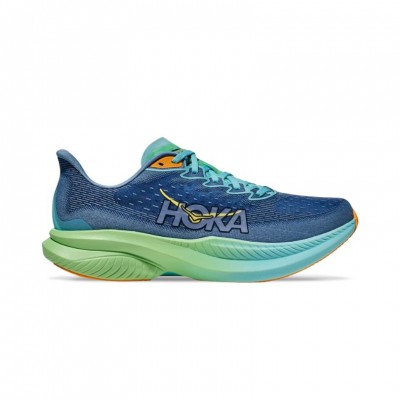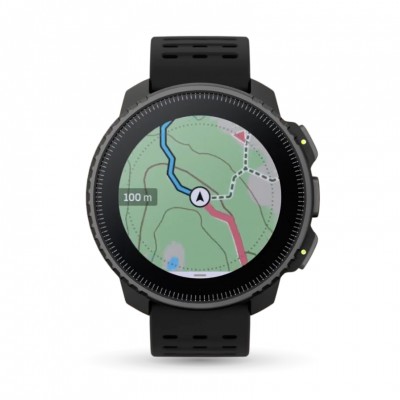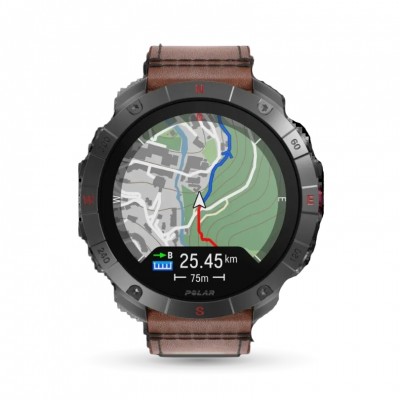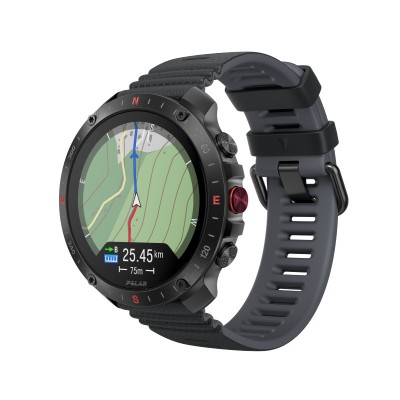When it comes to long distance races, such as a half marathon, a marathon or an ultra, every detail counts. From nutrition to the equipment used, we runners are constantly looking to optimise our performance and it is clear that training is where we put the most focus. But one aspect that is increasingly going unnoticed in our sport is the weight of our running shoes. A study conducted by researchers at the University of Colorado reveals that even small increases in shoes' weight can have a significant impact on final running times.
Methodology and results of the study
The study, published in the scientific journal Medicine & Science in Sports & Exercise, examined 18 runners considered elite of both genders who ran on a treadmill in running shoes of different weights. The researchers adjusted the weight of the shoes in 100-gram (3.5-ounce) increments and looked at how this affected the participants' running economy, i.e. the amount of energy they used to maintain a constant speed.
It was found that, on average, each 100-gram increase in shoes weight accounted for a 1% increase in energy cost for runners. This increase in energy cost translates into an impact on performance in primarily long-distance races, such as marathons or ultras.
Implications for runners

The results of the study have important implications not only for elite athletes but also for runners of all levels. Although a 1% increase in energy cost may seem small, the difference is more than significant over longer distances. For example, in a marathon, a 1% increase in energy cost could translate into several extra minutes in the final race time, which could mean the difference between winning, losing or achieving an expected time or another.
Runners whose main goal is to improve their performance at distances such as marathons should therefore consider the importance of shoes' weight when selecting their equipment. Brands are no strangers to this type of study, and as has already happened in cycling, lightness is one of the main marketing points they use when promoting their shoes. The 300-gram barrier in maximum cushioning shoes, for example, has been a goal of all brands, and today we find many models in this category below that figure. However, the final grams of a model are not everything. Far from it, it is essential to balance weight with other factors such as comfort, support and durability.
The importance of biomechanical design in running shoes
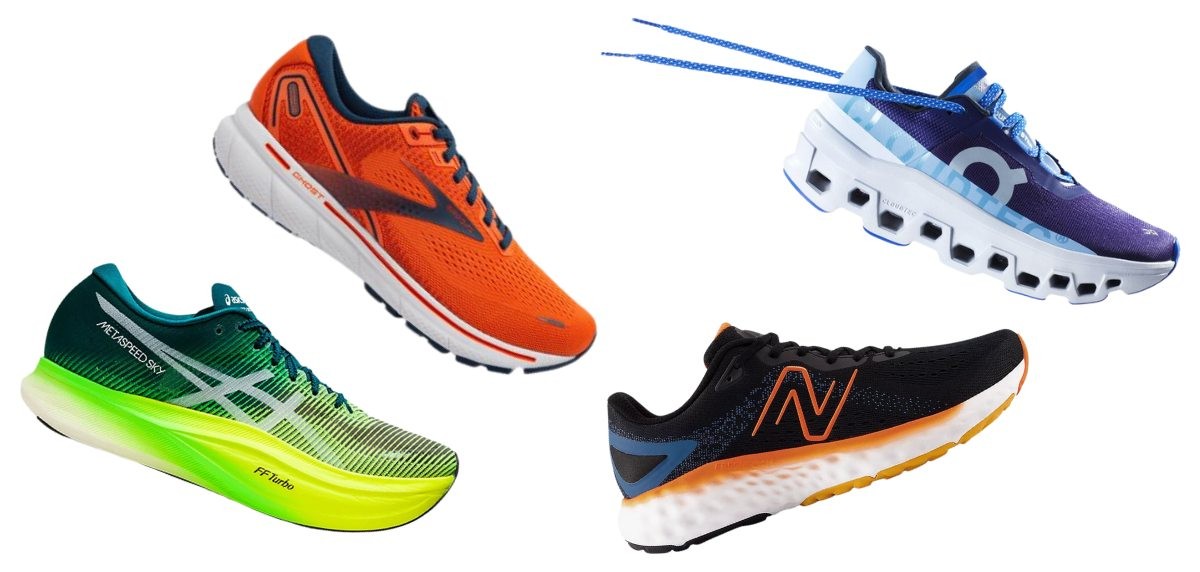
In addition to weight, the biomechanical design of running shoes also plays a crucial role in the performance of runners. According to a study conducted by the Camilo José Cela University, running shoes should be designed specifically for each sport, taking into account the biomechanical characteristics and demands of each activity. In the case of running, shoes should provide cushioning, stability and support, as well as minimise fatigue and the risk of injury.
Factors that influence the weight of shoes
The weight of running shoes is influenced by several factors, such as the materials used and the construction technology. For example, shoes with denser foam soles or additional cushioning systems may be heavier than those with lighter, more flexible soles. In addition, shoes with increased support and stability, such as shoes for overpronator runners, may have additional weight due to additional design features.
Balancing weight and functionality
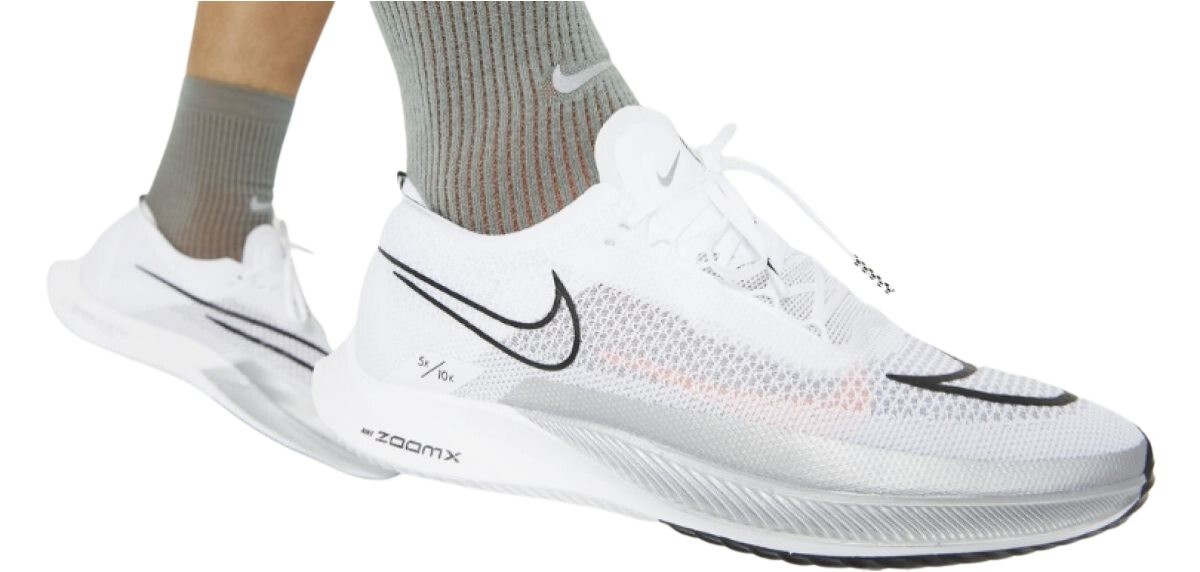
Although lighter shoes may offer advantages in terms of running economy, we popular runners should not forget that above performance is our health and therefore it is important not to sacrifice other key aspects such as comfort. Casual runners should look for shoes that provide the right balance between weight and functionality, taking into account factors such as cushioning, support, durability and price. In addition, of course, to considering your own needs and biomechanical characteristics when selecting running shoes.
At RUNNEA we help you with your choice of shoes
At RUNNEA we have had a very clear purpose since we were born: To help casual runners to find the best sports equipment, suitable to their characteristics and their budget. If you haven't tried it yet, we encourage you to look for your ideal shoe with RUNNEA Finder. A personalised running shoes or trail running shoes recommender based on your needs.
Not sure which shoe to choose?
In a few simple steps we help you to choose the ideal running shoe for you.
GO TO THE RECOMMENDERRead more news about: Running News



